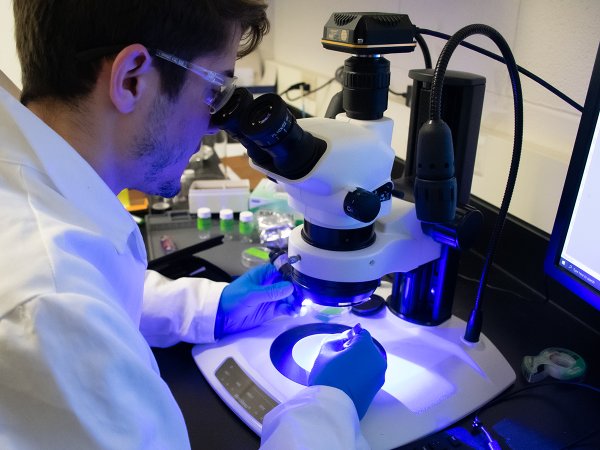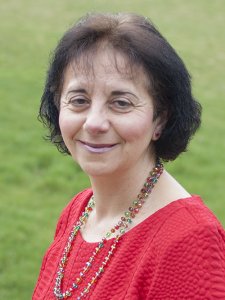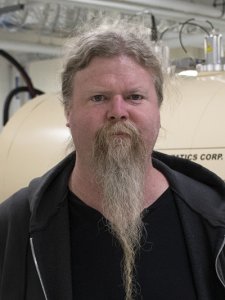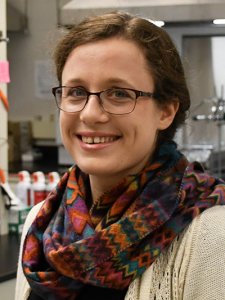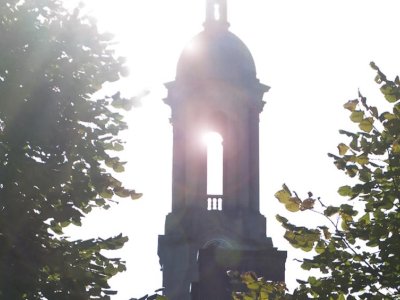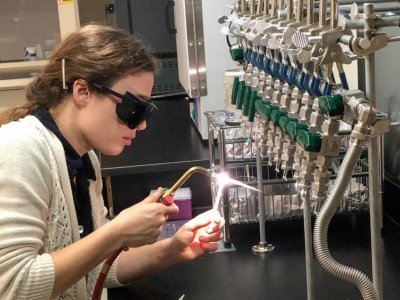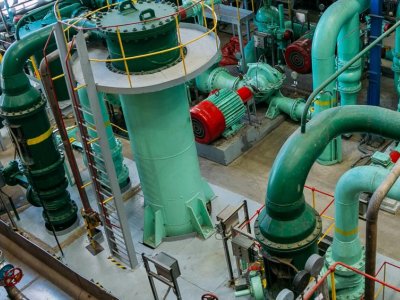Shared core facilities are laboratories that provide investigators with access to dedicated space and specialized instrumentation operated by subject matter experts. They have come a long way over the last few decades. The concept of shared facilities started in the early 80s, when the U.S. National Institutes of Health created the Shared Instrument Grant, now often referred to as the S10.
The shared core facilities at Penn State are communal, open-access laboratories, which include the labs of the Institute of Energy and Environment. We call them the Energy and Environmental Sustainability Laboratories (EESL). These are the facilities that I manage. EESL facilities provide meaningful and essential support for Penn State’s researchers, including state-of-the-art instrumentation and subject matter experts.
At IEE, our laboratories include: the Radiocarbon Laboratory, which provides radiocarbon dating using an accelerator mass spectrometer; the Organics Laboratory, equipped with high-resolution liquid chromatography mass spectrometers and gas chromatography mass spectrometers used to analyze for emerging contaminants such as PFAS, microplastics, pharmaceuticals, and personal care products; and the Center for Quantitative Imaging equipped with micro/nano computed tomography (CT) instrumentation, a non-destructive 3D imaging technique used to image everything from the brain of a zebrafish to the electronic connections inside a cell phone.
EESL’s latest acquisition is a high-resolution time-of-flight aerosol mass spectrometer, a deployable field instrument used for atmospheric measurements, emissions characterizations, and analysis of chemical compositions.
In addition to IEE’s cutting-edge instruments, we have expert laboratory faculty, researchers and staff who are eager to support your research project and its needs. When you work with EESL, you can count on subject matter experts, who can work closely with you, helping you through research design, sampling strategies, and data analysis. As a scientist, you do not have to do it alone. You have experts who will partner with you to deliver the best results possible.
In addition, our laboratory staff works closely with industry, government agencies, and other academic institutions. Recently, a research team led by Derek Hall worked with the Electric Power Research Institute and the Center for Quantitative Imaging to investigate how contaminants in power plant water cycles affect the integrity of steel pipes and tubing in power generation systems.
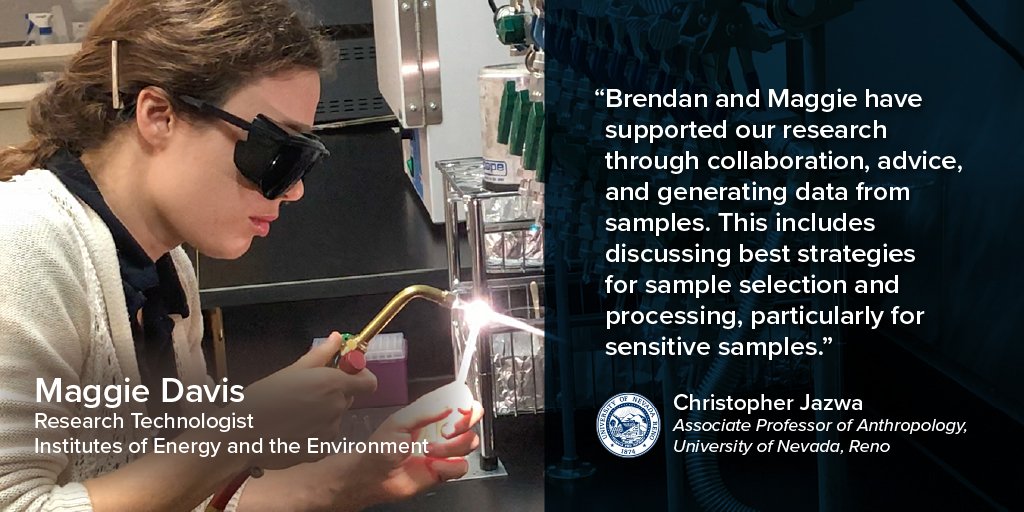
Our laboratory staff also provides training and guidance to other scientists. Moreover, we build professional relationships with researchers at other institutions around the world, sharing best practices, their expertise, and training opportunities. For example, the experts in Penn State's Radiocarbon Laboratory have helped further radiocarbon science around the world, including multiple U.S. universities.
As Brendan Culleton, a research professor in the Institute of Energy and the Environment and principal operator of the accelerator mass spectrometer, put it: “Expanding access to our radiocarbon facilities, knowledge, and expertise is a key part of Penn State’s Radiocarbon Lab's mission and a critical aspect of developing the lab as a vital enterprise. Ongoing efforts to help colleagues equip their own labs for sample preparation reduces sample costs for them, reduces labor demands on our staff, and gives researchers, graduate, and undergraduate students hands-on experience with radiocarbon science.”
I could not agree more. At IEE, we are here to generate well-grounded science that makes an impact. That includes the science we conduct for our own work as well as the science we support through services like our shared core facilities. I am proud of the science we support at IEE, and I look forward to the many new partnerships that develop in the coming years.
Odette Mina is the managing director of Energy and Environmental Sustainability Laboratories. She has her doctorate in natural resource engineering and master's degrees in environmental engineering and business administration.

